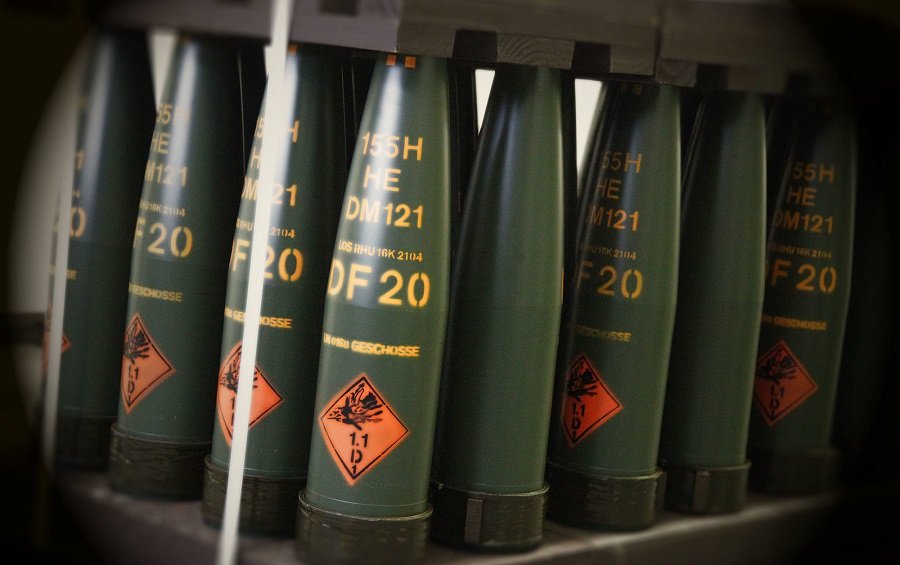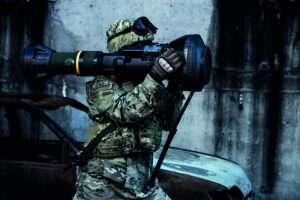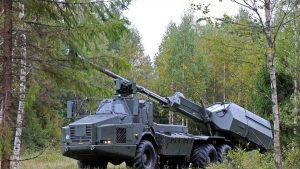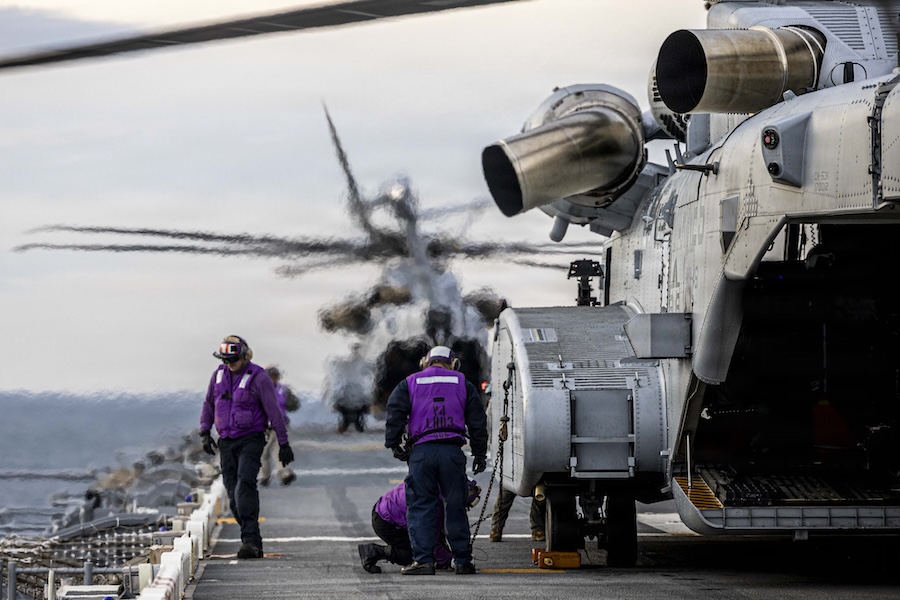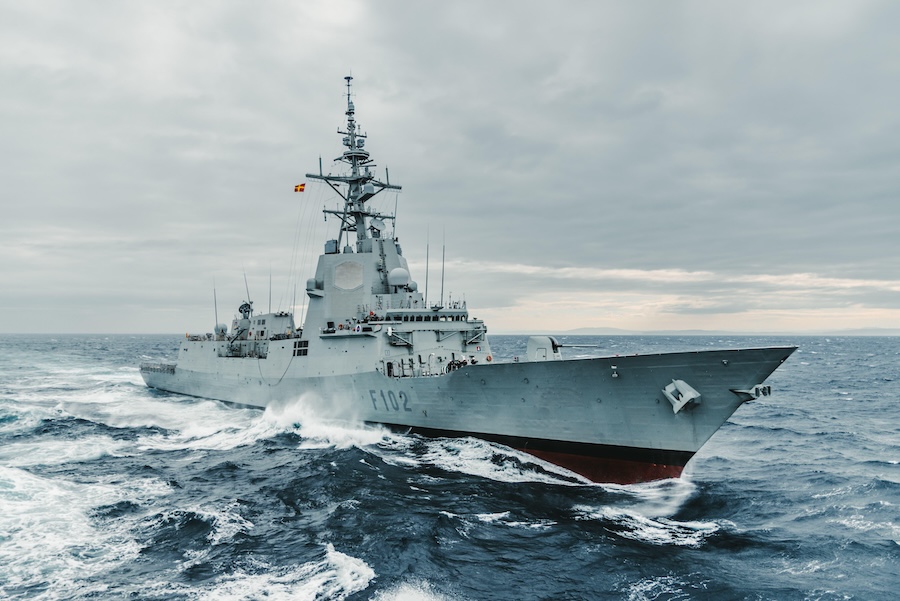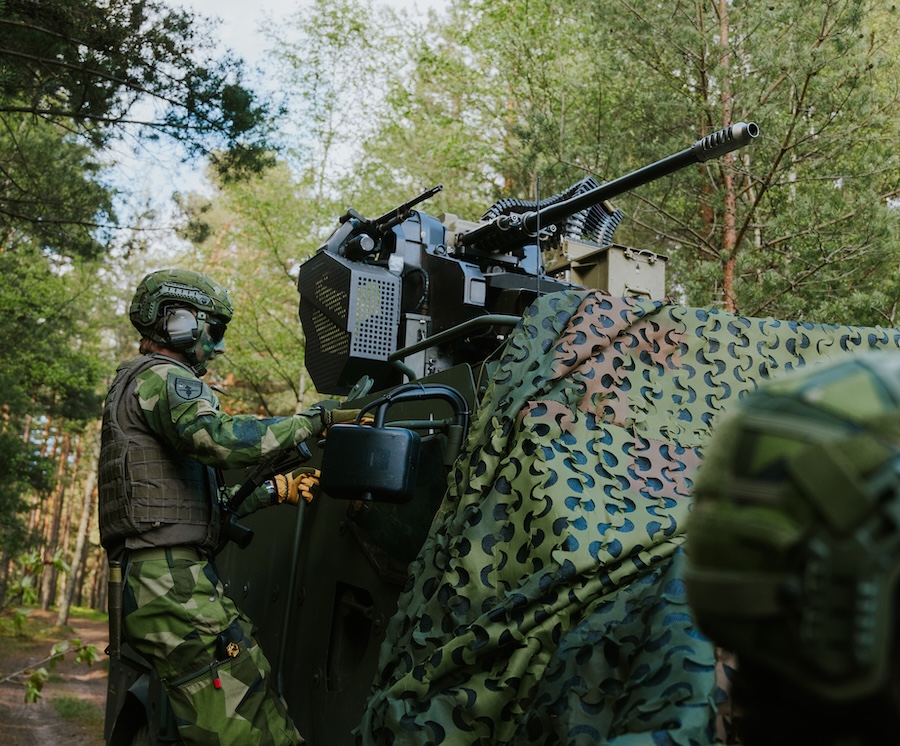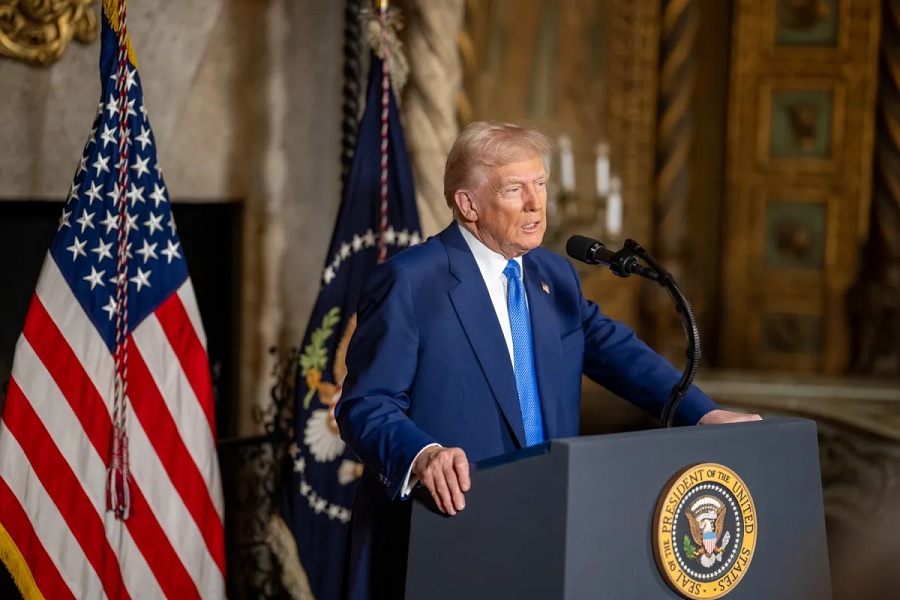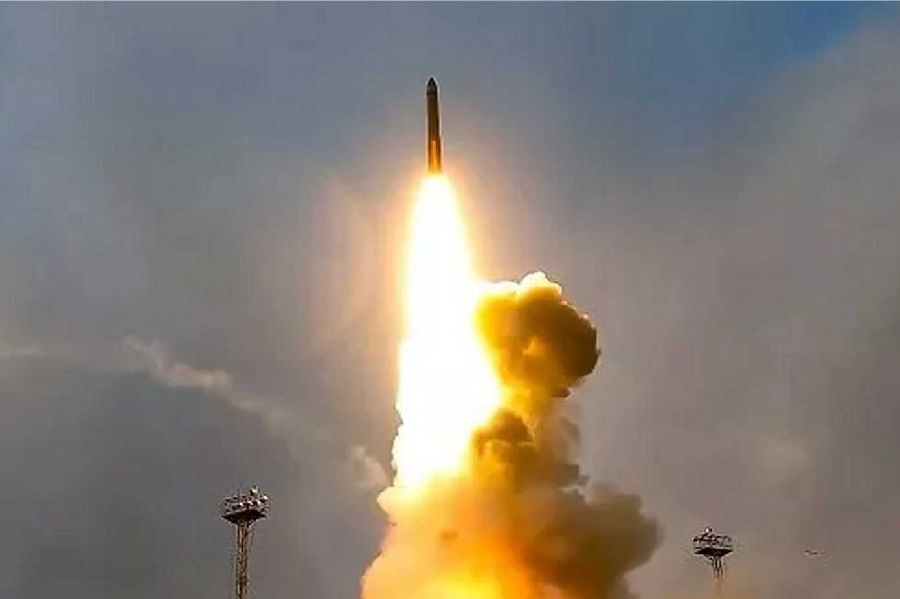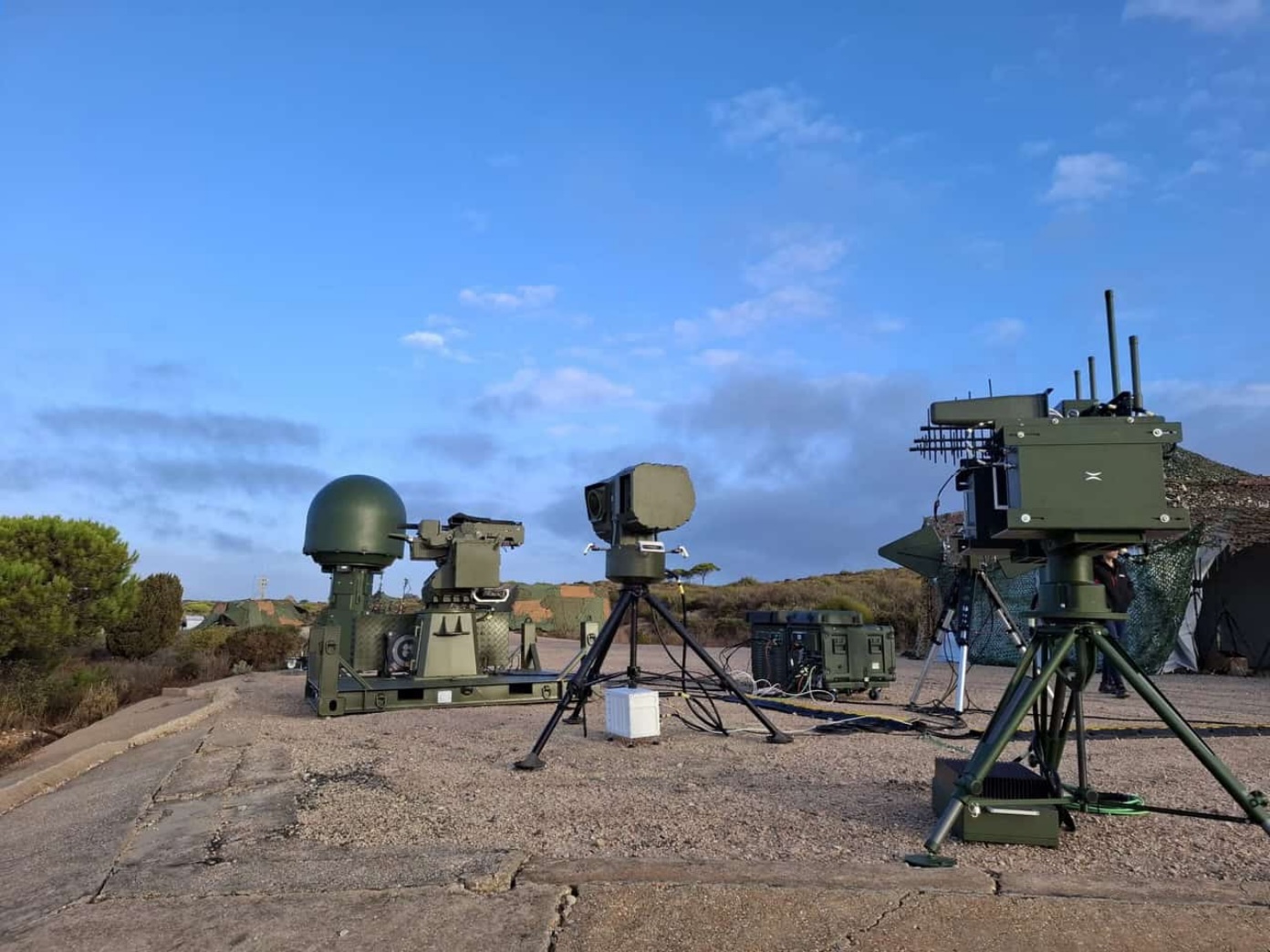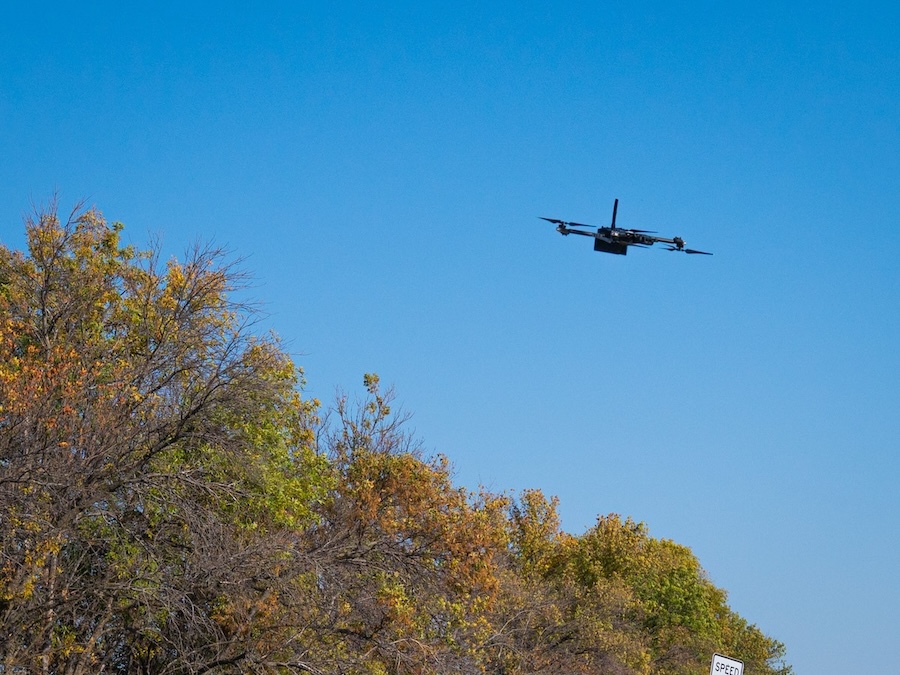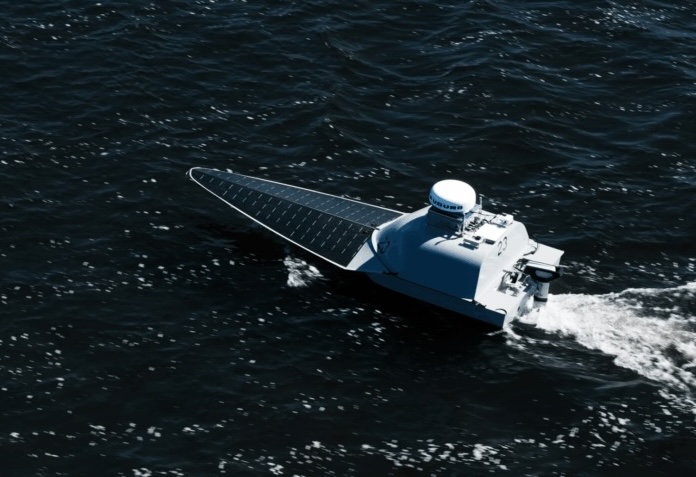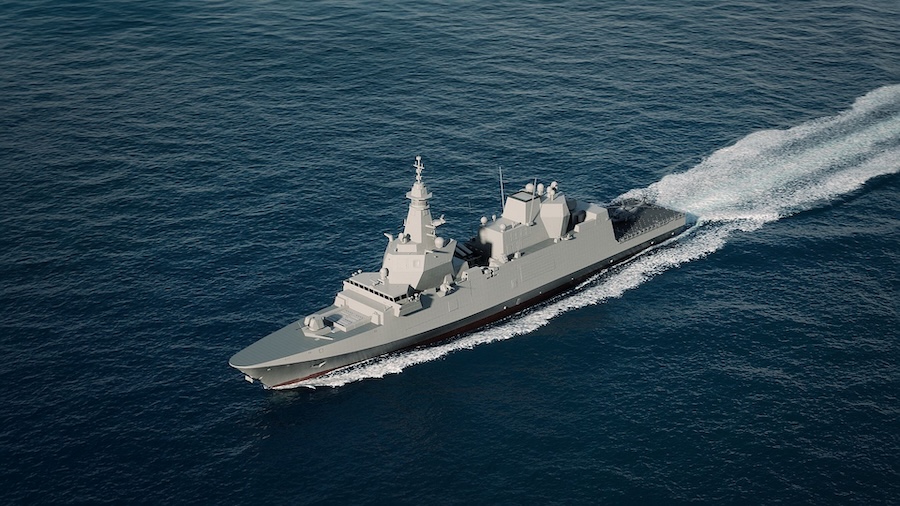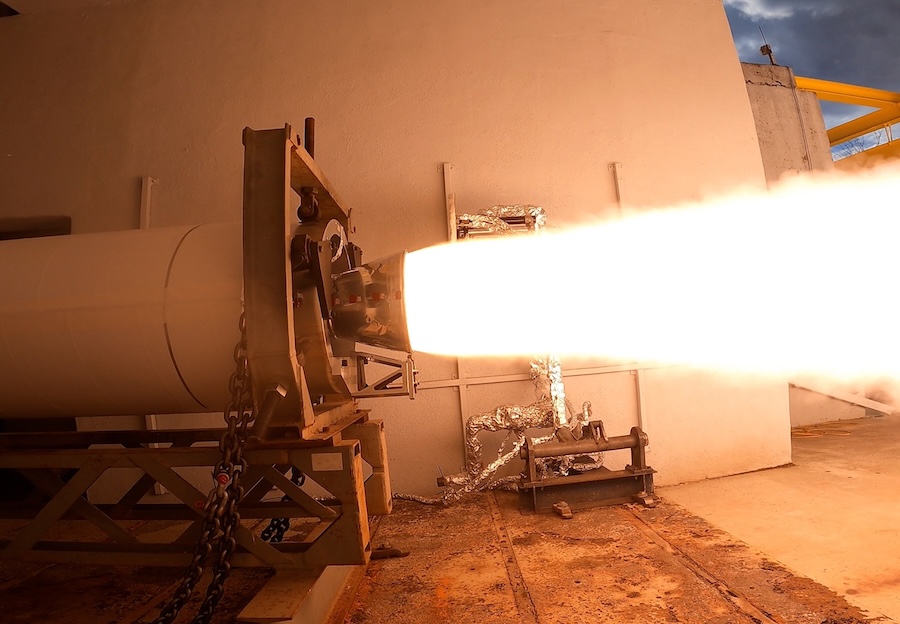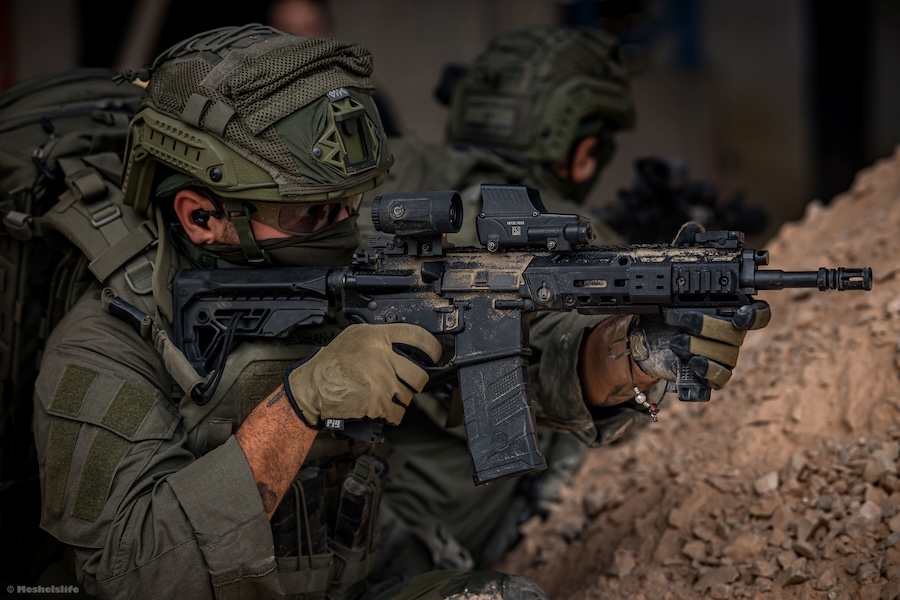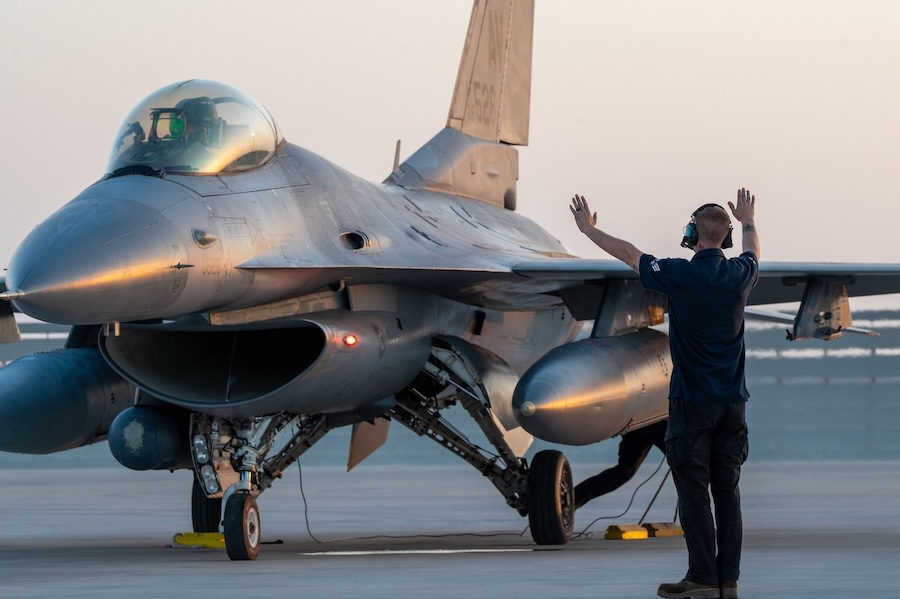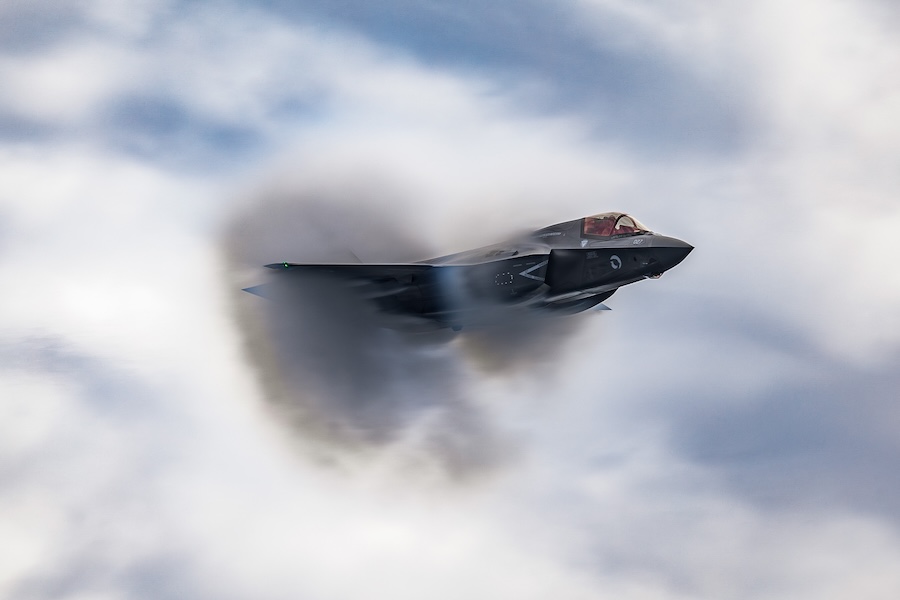The official agreement for the joint venture, Rheinmetall Defence Lithuania, was signed remotely on 20 December. Rheinmetall holds a 51% stake, with Lithuanian state-owned firms Epso-G Invest and Giraitės Ginkluotės Gamykla (GGG) holding 48% and 1%, respectively. This follows the plant’s groundbreaking ceremony on 29 November, attended by Lithuanian Prime Minister Ingrida Šimonytė and other senior officials.
The 340-hectare facility will address Lithuania’s national security needs and contribute to European defence efforts by producing tens of thousands of 155mm artillery shells annually. The plant, slated to begin operations in mid-2026, will represent a EUR 180 million direct investment in Lithuania and create approximately 150 local jobs. The project will also integrate Lithuanian businesses into the production value chain, strengthening the country’s industrial base.
Prime Minister Šimonytė highlighted the strategic importance of the collaboration at the inauguration:“Our defence needs, the importance of the shortest possible supply chains, and the strong allied partnership between Lithuania and Germany underscore the need to maintain momentum as we continue to work in the same spirit of cooperation.”
Rheinmetall CEO Armin Papperger echoed this sentiment, emphasising the company’s role in strengthening national and international security: “This long-term partnership with Lithuania confirms our commitment to being a pillar of security provision.”
The plant’s establishment has been prioritised as a project of “state significance,” ensuring expedited processes and favourable conditions for its completion. The facility will feature state-of-the-art manufacturing and load assembly capabilities, positioning Lithuania as a key player in the European defence industry.
Defence Minister Laurynas Kasčiūnas underlined the dual benefits of the project: “The establishment of Rheinmetall’s ammunition factory in Lithuania is significant for both the defence industry’s development and our armed forces’ needs.”
The joint venture builds on a broader agreement signed in June 2024, which formalised the collaboration and accelerated its implementation. Beyond addressing security needs, the project will reduce Lithuania’s reliance on international arms procurement and foster local innovation. Minister of Economy and Innovation Aušrinė Armonaitė noted: “By fostering large-scale investment projects and enabling local production of weaponry, we not only address national security needs but also reduce our dependence on arms procured from international markets.”
The plant is expected to serve as a model for strengthening defence capabilities within NATO and the EU, showcasing how allied nations can collaborate to bolster collective security. As Lithuania continues to face growing regional security challenges, this ambitious project signals a proactive approach to safeguarding sovereignty and reinforcing alliances.


